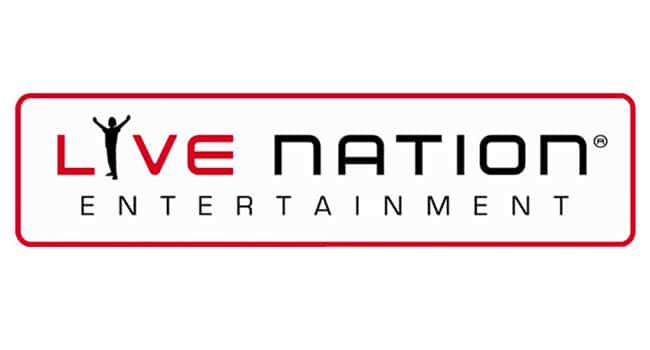Concert promoter is hoping to launch fully again in 2021
Last week, Live Nation CEO Michael Rapino discussed reopening the concert industry during an earnings quarterly call. Variety reports that the concert giant is planning to test different ideas throughout the summer.
“Over the next six months, we’ll be starting slow and small, focusing on the basics and testing regionally,” Rapino suggests. “We’re going to dabble in fan-less concerts with broadcasts and reduced-capacity shows, because we can make the math work.”
Rapino says the concert promoter is working with artists and their teams for unique opportunities to restart live shows.
“There are a lot of great artists that can sell out an arena, but they’ll do higher-end theaters or clubs. So you’re gonna see us [gradually reopening] in different countries, whether it’s Finland, Asia, Hong Kong — certain markets are farther ahead [in the recovery process],” he confirms. “Over the summer there will be testing happening, whether it’s fan-less concerts, which offer great broadcast opportunities and are really important for our sponsorship business; drive-in concerts, which we’re going to test and roll out and we’re having some success with; or reduced-capacity festival concerts, which could be outdoors in a theater on a large stadium floor, where there’s enough room to be safe.
He continues, “We think in the fall, if there are no second hotspots, you’ll see markets around the world [reopening] — Europe, specifically, has talked about opening up 5,000-plus [gatherings] in September. And on the venue side, we’re dealing with federal, the White House, every government body you can imagine, and we’ve got a great task force around what we have to do with the venue to make you safe.
“So I think in the fall you’ll see more experimenting and more shows happening in a theater setting, into some arenas. And then our goal is really to be on sale in the third and fourth quarters for 2021 at full scale.”
Live Nation has seen over 9000 concerts impacted by the coronavirus pandemic since March. Rapino says the majority of fans are holding onto their tickets instead of seeking refunds for rescheduled shows.
“In a survey we just posted, we talked to 10,000 casual and ongoing ticket buyers and the data is pretty compelling: 90% of fans are saying ‘I can’t wait to get back to the show,’ and I think our refund rate says everything — we’re running somewhere between a five and ten refund rate right now on a global basis, that’s much lower in Europe [which is farther ahead in the recovery process], and that’s not out of line for when we reschedule a traditional tour [under normal circumstances]. Now we’re just going to [watch] the science and see when we can back out there on a safe manner,” Rapino says.
Rapino says the challenge of rescheduling events and offering refunds relies heavily on the sporting industry and venue availabilities.
“The industry has never come together this well, agents, artists, buildings, promoters, managers, we’re all in the same boat, and we’re all saying, ‘How do we move availabilities?’” he assures. “The only challenge we’ve had with availabilities, and part of the reason we had to [delay] the refund policy, is the sports leagues — we need to understand what’s going to happen in arenas in the fall.”
Typically promoters take all of the risk when putting on shows, but Rapino says new negotiations with the artists and their teams are helping absorb some of those costs.
“It’s been a unique time but we’re all in this together, and I would say artists, agents and managers have been incredibly supportive,” he says. “The reality is in ‘20 and ’21, the promoter can’t take all the risk on the business, as we historically have. We need to share some of that, especially refunds on the guarantees. So while we don’t want to get into the what and how of the deals, we absolutely are getting great latitude from the artists and agents to look at the traditional business of high guarantees and all of our risk, and to help share that risk, going into ‘20 and ’21, to get the shows back on the road and help us absorb it, and not take all of the [financial burden] of refunds, sales, sponsorship, food, beverages and unknowns for the next 6-12 months. They’re helping to share some of that risk to help us get back and scale fast, and not worry about losing money on the show.”
Many shows and tours have been canceled, but a lot have also been postponed until summer, fall, and even next year. More details as they become available.




